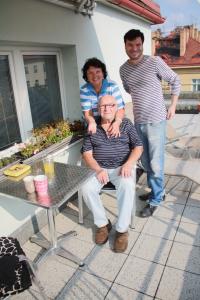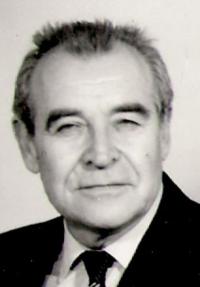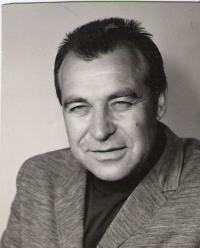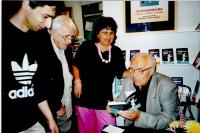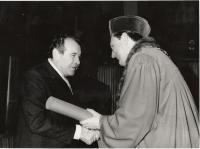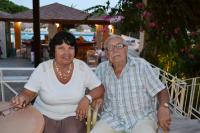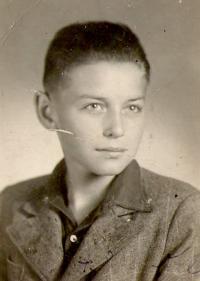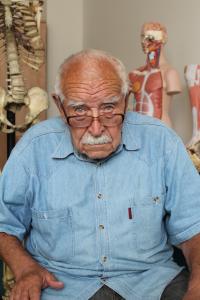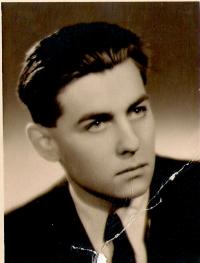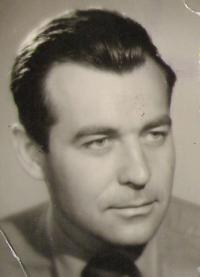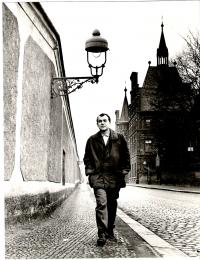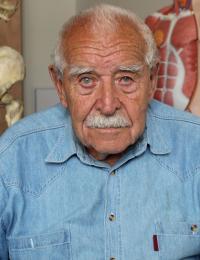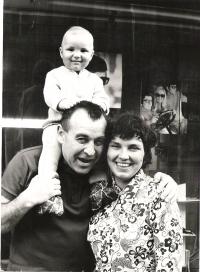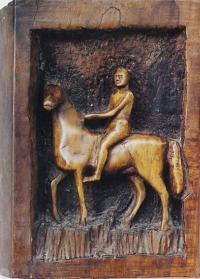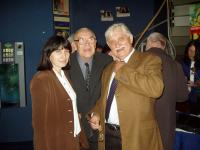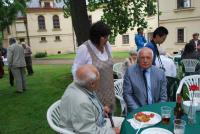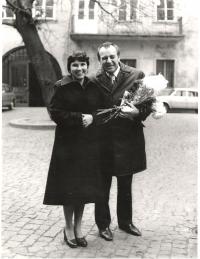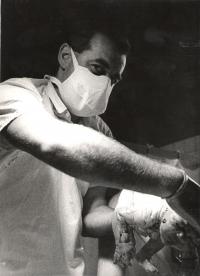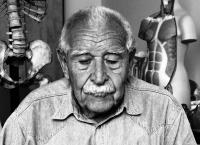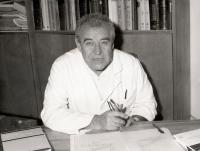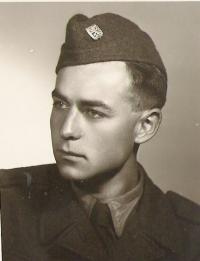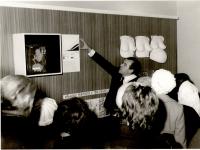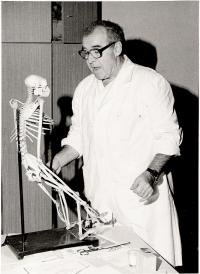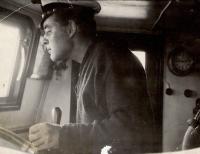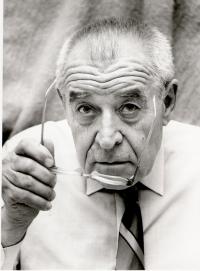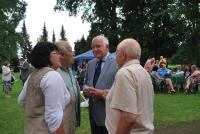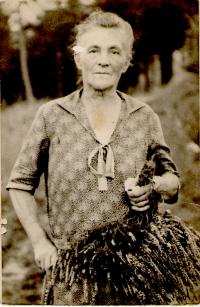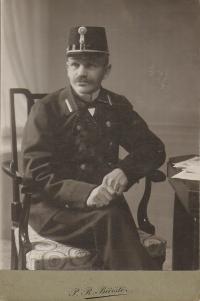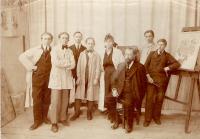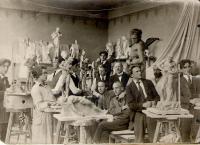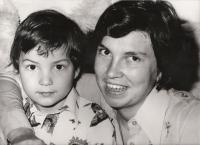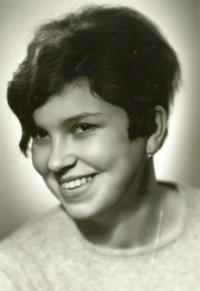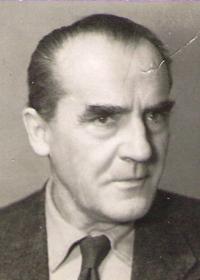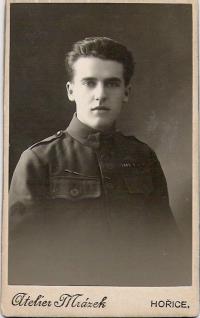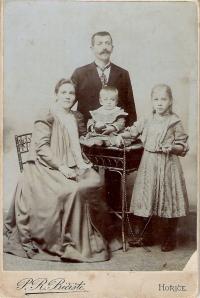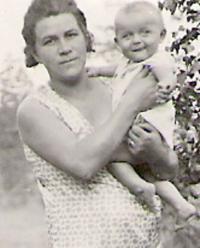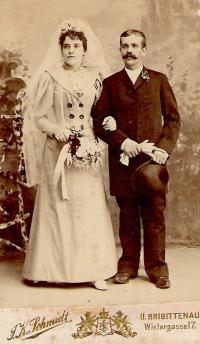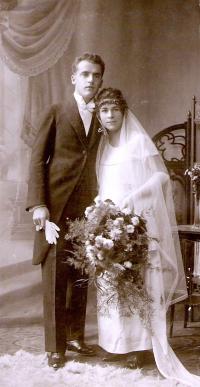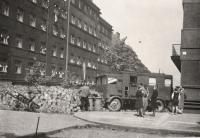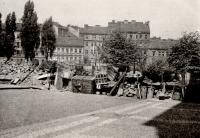Where there is honey, there is bile. Things and heroes are not monochromatic
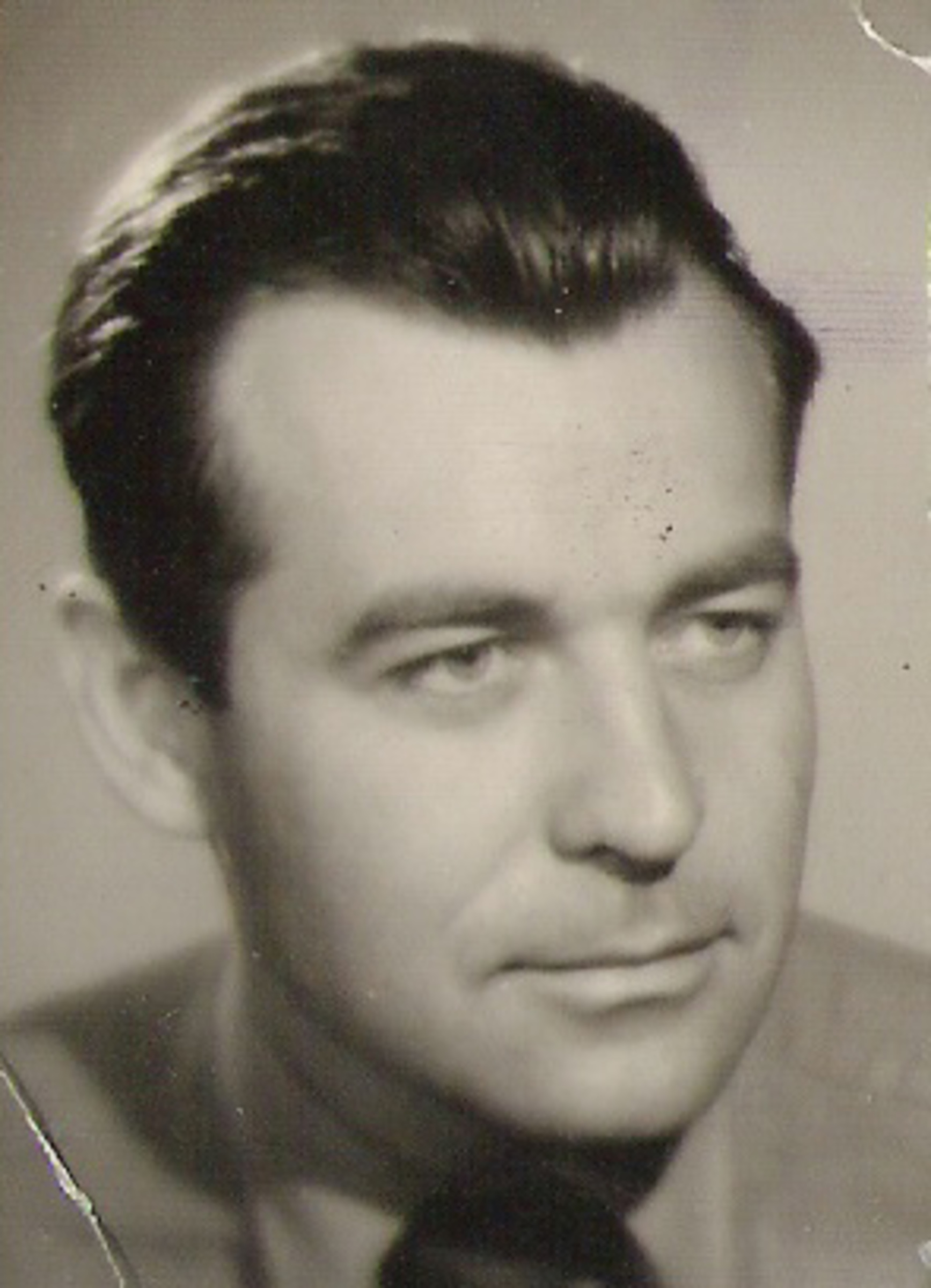
Stáhnout obrázek
Antonín Doležal was born in Prague on 20 January 1929 as the second son to Marie and Antonín Doležals. His father was a Russian legionnaire, a supporter of President Masaryk, and brought both his sons up accordingly. In May 1945, the witness took part in the Prague Uprising. He decided to study medicine at age 12. While a student, he worked as a demonstrator and volunteer at the Institute of Pathology and Anatomy and the head of the physiology lab of the Institute for Mother and Child in Podolí. Having completed Charles University‘s Faculty of Medicine in 1953, he took up the secondary physician job at the hospital in Kladno, but his name is mainly associated with the obstetric hospital at U Apolináře where he headed the obstetric ward for six decades. In 1945, under the influence of his older brother Jiří, he became a member of the Communist Party. Unimpressed by the further political developments in society, he never became politically involved, concentrating entirely on his work. He retained his leading position at the Institute even during the normalisation period, after his brother‘s signing of Charter 77, and in the turbulent days after the Velvet Revolution in 1989. As an obstetrician and gynaecologist, he became a respected expert in the Czech and international professional community, winner of many awards, and author of numerous professional and popular publications. The doyen of Czech obstetrics lives with his wife Jana in Prague (2024).
